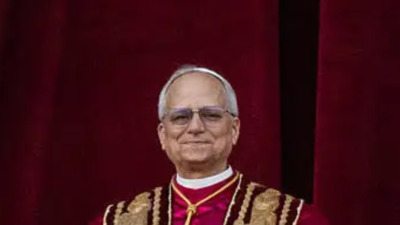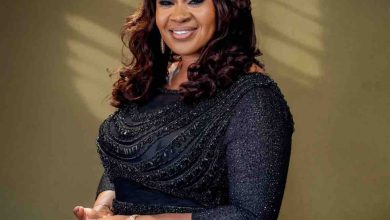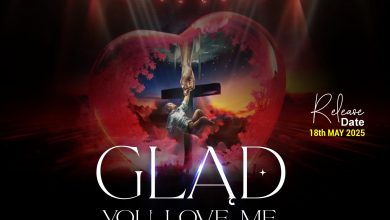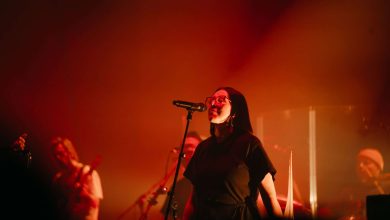US A New Chapter: Pope Leo XIV Becomes First American Pontiff What It Means for the Church and the Faithful

In a historic moment that reverberated through the heart of the Catholic world and beyond, Pope Leo XIV formerly Cardinal Robert Prevost of Chicago celebrated his first Mass as pontiff in the Sistine Chapel on Friday. As the first American to ever lead the Roman Catholic Church, his election marks not just a milestone in history but a significant turning point for Catholics across the globe.
During his inaugural Mass, Pope Leo offered a brief message in English a subtle but powerful nod to his American heritage. For many U.S. Catholics, this gesture brought tears of joy and a renewed sense of connection to the Vatican.
Social media, naturally, responded in kind. Memes and joyful commentary flooded timelines from light-hearted images of Pope Leo blessing hot dogs and serving deep-dish pizza at the Vatican to playful musings of him swapping the Popemobile for a pickup truck. While these posts were shared in good humor, they reflect a deeper truth: American Catholics are feeling seen in a way they haven’t before.
But beyond the memes and celebration lies a more sobering reality. The American Catholic Church remains deeply divided mirroring the broader political and cultural rifts in the nation. Issues like immigration, LGBTQ+ inclusion, climate justice, and the role of women in the Church continue to provoke debate among the faithful. According to Pew Research, Pope Francis’ favorability among U.S. Catholics dropped from nearly 90% in 2015 to about 75% in 2024 a decline that speaks to growing tensions within the Church.
Now, all eyes are on Pope Leo XIV and how he will navigate these turbulent waters.
Dr. Cathleen Kaveny, a theologian and legal scholar at Boston College, believes Pope Leo will build upon the foundation laid by Pope Francis especially in championing the poor and marginalised. “Pope Leo XIV is an institution builder,” she told Reuters, “and he will institutionalize Francis’ visions or at least certain aspects of them.”
Though some conservative voices, like Steve Bannon, have praised Leo as a continuation of Francis’ ideology, others remain skeptical. Some U.S. Catholics have voiced concerns that Pope Leo is “too liberal” or “too woke,” particularly following his pastoral outreach to marginalised groups.
Indeed, Pope Leo steps into the papacy during a politically charged time. In the 2024 U.S. presidential election, Catholic voters leaned toward Donald Trump over Vice President Kamala Harris. While Trump publicly welcomed Leo’s election, segments of his base have expressed criticism.
And yet, in the midst of all this noise, many see hope.
“There’s a certain kind of opportunity he has in this moment,” said Dr. Nancy Pineda-Madrid of Boston College. “To appeal and be a symbol that can unite and that could go a long way in pulling us together.”
As gospel believers, we remember that leadership in the Church is not just about doctrine or policy it’s about shepherding souls. Pope Leo XIV brings with him decades of experience, a heart for service, and a deep understanding of both canon law and the needs of the modern Church.
Whether you’re watching from Chicago, Lagos, or Buenos Aires, let us pray for wisdom, humility, and courage for our new Holy Father. The Church is at a crossroads and through Christ, we believe it is also at the threshold of renewal.
Premier Gospel




